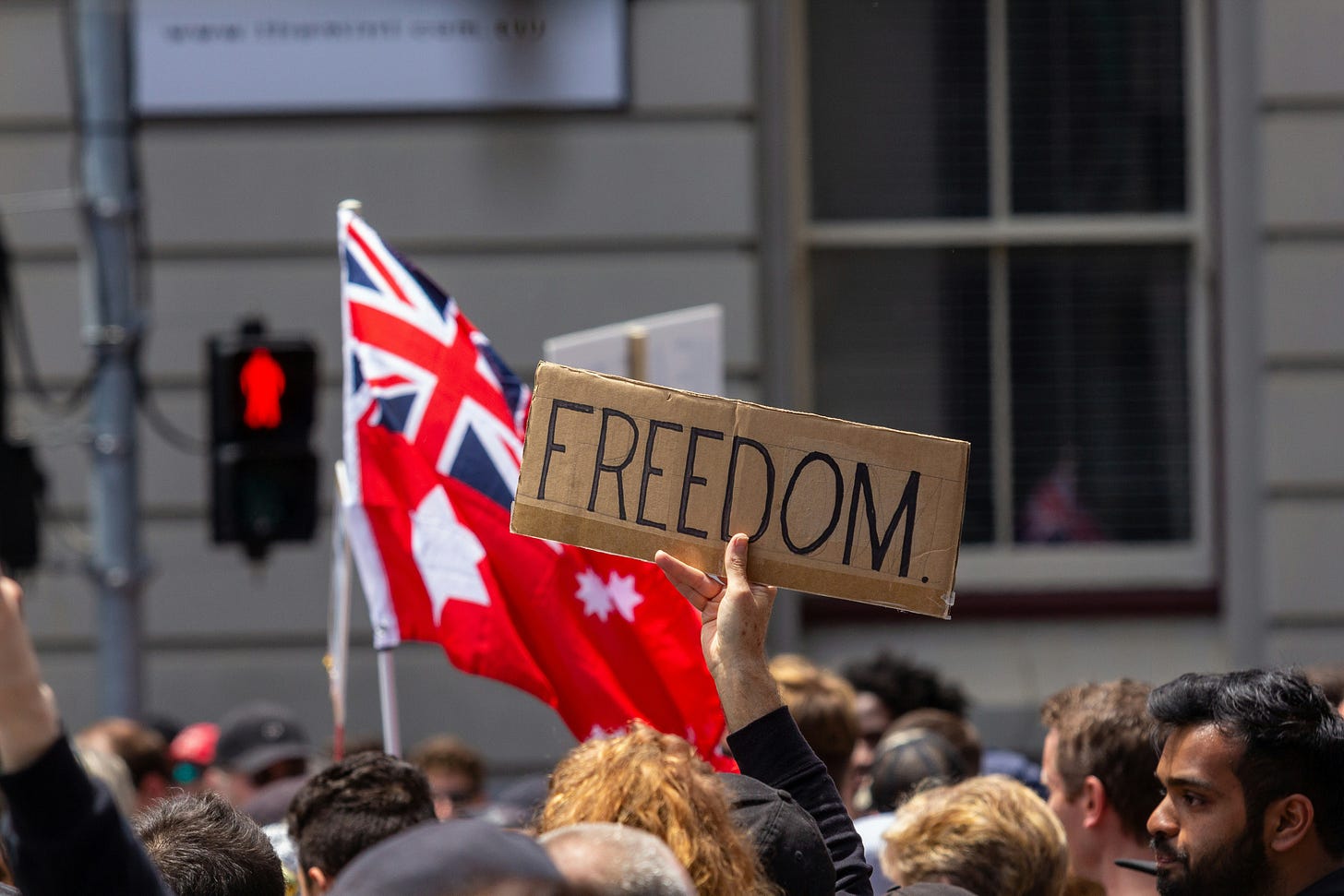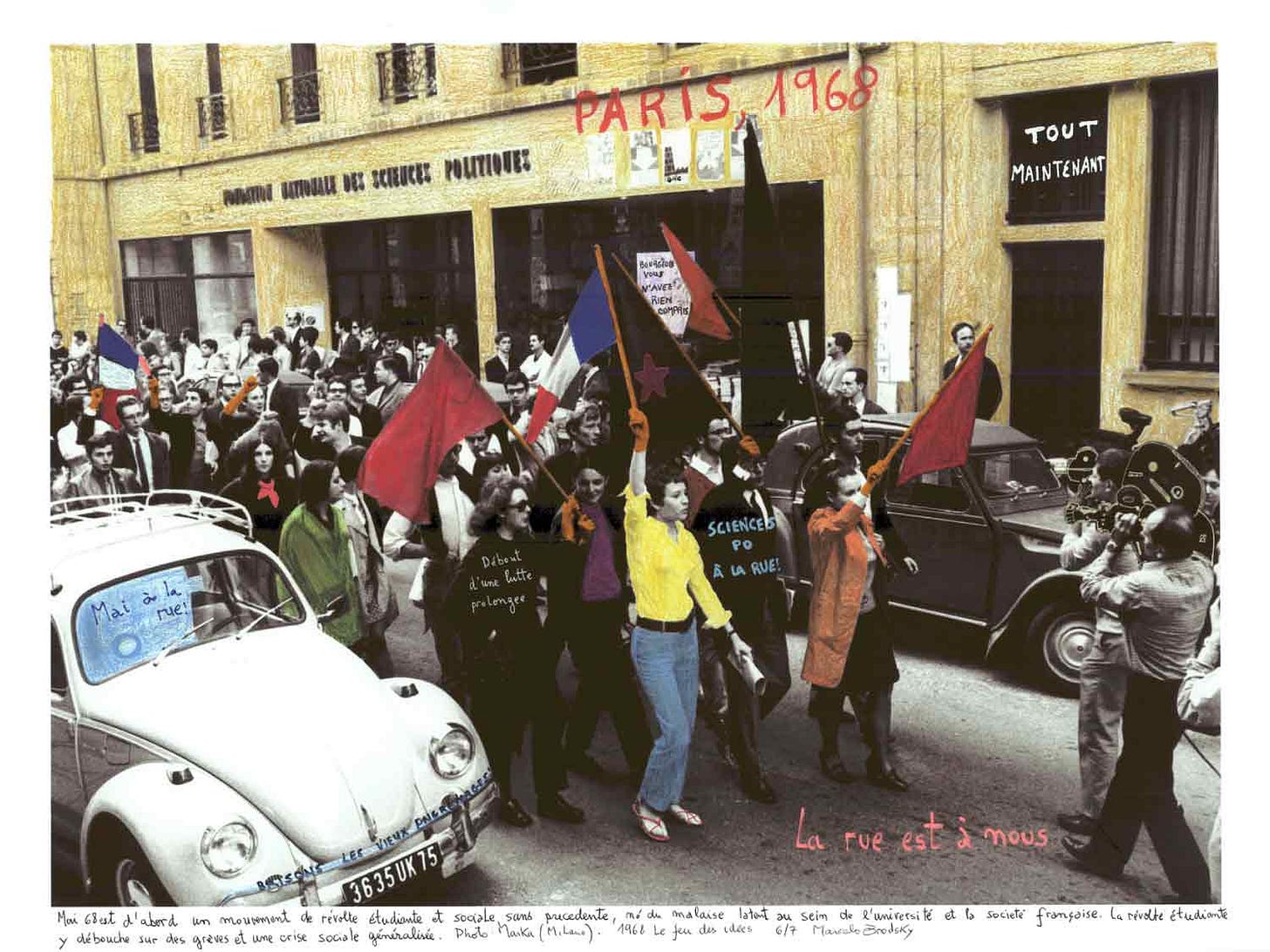We Can’t Go Back to the 1990s
Why the solution to the problems of today is not the return to the recent past advocated by libertarians

The problem we face today with the Woke phenomenon is commonly analysed as a problem of freedom. The rules being imposed in the name of inclusiveness and sensitivity restrict our freedom to do a whole lot of things we could do in the recent past — for example, in the 1990s. This analysis is offered to us by libertarians, who want to maximise freedom as a matter of principle, and since libertarians are the allies of conservatives and traditionalists in many areas (such as the right to pass on one values to one’s children, or the freedom of artists and writers to say and do a reasonable range of things), it is not surprising to see this approach to the current phases of our cultural crisis being adopted by conservatives and traditionalists too.
In this article I am going to argue that this analysis is wrong. Woke rules certainly impede our freedom, but so do all rules, if “freedom” is understood in a values-neutral way. The way to get a handle on the problem is not through the question of how much freedom different governing ideologies might allow us: we have to ask whether the ideologies are reasonable, or indeed true.

Freedom from 1960 to today
Libertarians tell us that it was good to reject the hide-bound social rules that existed before the cultural revolution of the 1960s, but (they go on) in the last decade or so we seem to have regressed, to another set of hide-bound social rules: rules very different from those of the 1950s, to be sure, but even more irrational, and even more rigidly enforced. Instead of getting into trouble for having an affair outside marriage, for example, people today are in danger of losing their jobs and their friends for violating constantly changing and highly complex rules about how to refer to ethnic minorities, or for failing to defer to people with novel sexual identities.
The way we used to talk about morality—for example, when I started studying political philosophy in the early 1990s—was that it should be “private”: it should not be enforced by law, or even by heavy-handed social sanctions. And yet the idea that as much morality as possible should be merely private is one that has almost vanished from public debate. Why, libertarians ask, do people no longer value freedom?
A little more historical perspective here would be helpful.
Keep reading with a 7-day free trial
Subscribe to Tradition and Sanity to keep reading this post and get 7 days of free access to the full post archives.



